Can You Leave Rehab Before Your Program is Done?
Gateway Foundation
JANUARY 3, 2024
People progress through treatment at varying rates, but research has shown the longer you stay in treatment, the better outcomes for your long-term health and recovery. Every step of the treatment process keeps you safe, teaches you crucial life skills, and increases your chances for a lasting recovery.

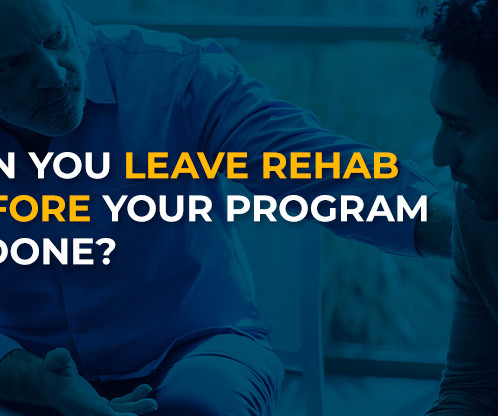
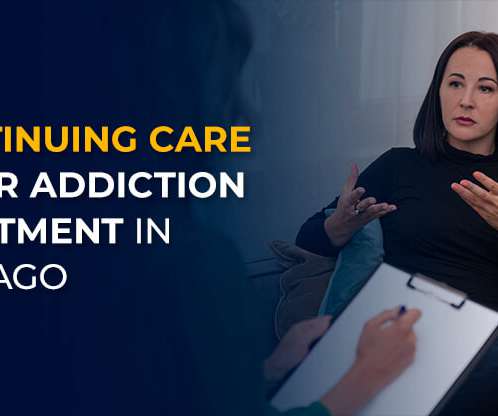
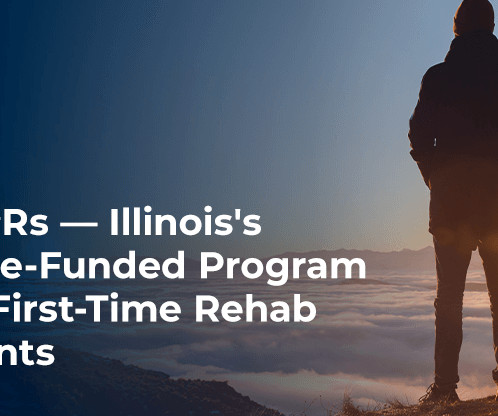

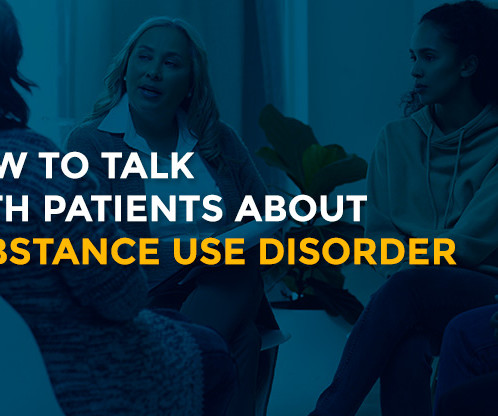

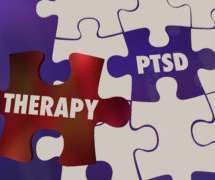
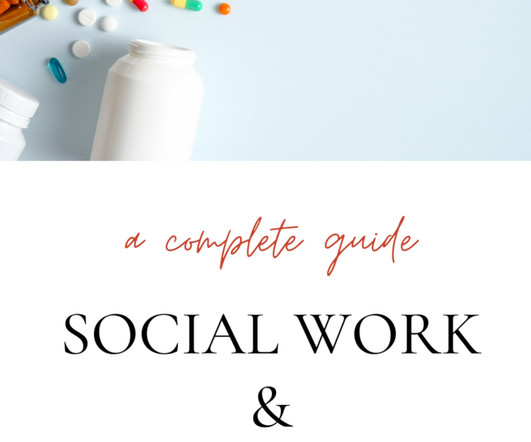

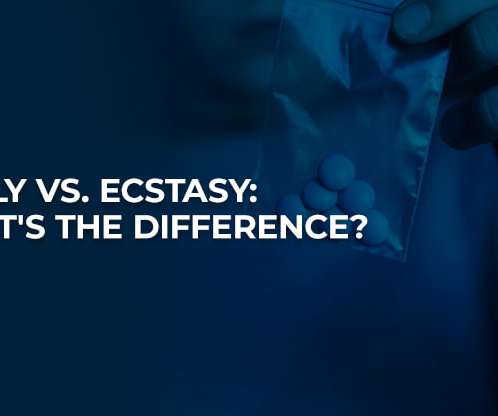







Let's personalize your content